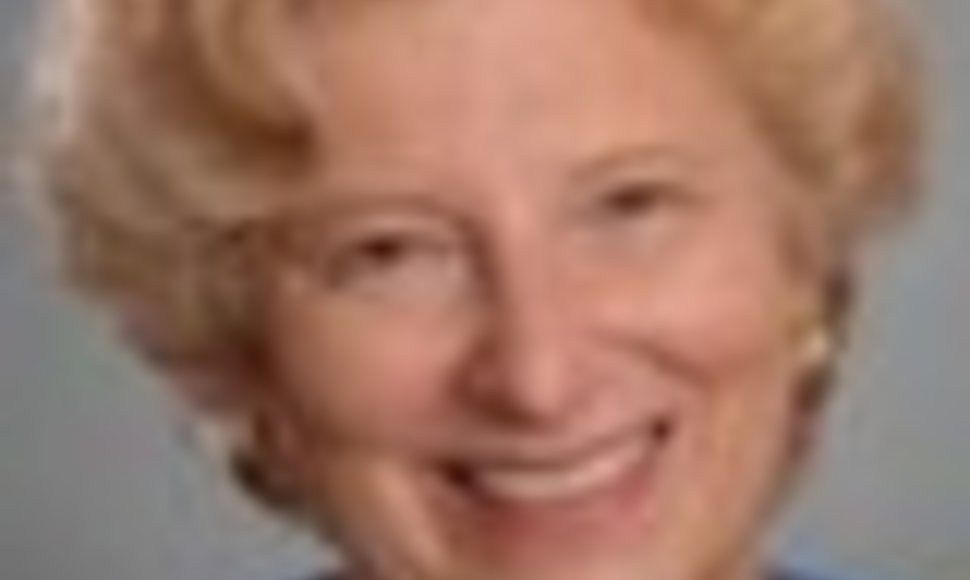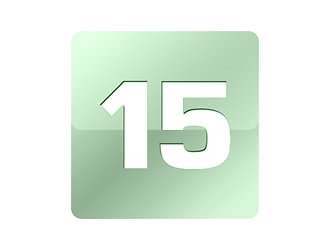I watched a webcast of the session – and welcomed the opportunity to revisit Snyder’s book, which I’d found challenging on two accounts.
First, immersing myself in the atrocities of the mid-20th century was no easy task. Between 1933 and 1945, in the region Snyder dubs the bloodlands – the Baltics, Belarus, most of Poland, Western Russia, and Ukraine – an unprecedented 16 million people were killed.
Second, Bloodlands required me to consider, simultaneously, the fate not only of my own group, as Snyder puts it, but also the history of others. That wasn’t easy either.
As I watched the webcast, I was reminded of a beautiful summer evening at an outdoor restaurant on Pilies gatvė (Castle Street) in Vilnius.
I’d traveled from my home in the U.S. to the land of my forebears in search of answers about my own Jewish family history. I wanted to understand, too, how Lithuania as a country was engaging with its Jewish family history, especially with the Holocaust. My dinner companion was a woman I’ll call Violeta, a friend of a friend, who’d volunteered to help me learn.
We sat down at a checkered tablecloth and ordered a decidedly un-Jewish meal of shrimp salad, then raised our wine glasses.
“L’chaim!” I said, offering the traditional Jewish toast. To life!
“I sveikatą!” Violeta responded in Lithuanian. To health!
Growing up in the Soviet period, I asked her, what had she learned about the fate of Lithuania’s Jews during the war?
She furrowed her brow. “We learned in school that many Jews died,” she answered.
“Did you learn about the pits in the forests” – I made a digging motion with my hand – “where the Jews were shot and buried? The mass graves?”
Yes, she said, she had learned about this, too.
She looked away, then met my eyes. “But,” she said, “no one taught us in school how many Lithuanians were sent to Siberia by the Soviet power.”
Her voice grew louder. “Pregnant women and children,” she said heatedly, “they died in Siberia!” I saw that she was glaring at me, with more than a hint of accusation in her eyes.
Now it was my turn to look away. It was hard for me to listen, I found, as Violeta placed the massacre of my people alongside the suffering of hers. It was hard for me to hold in my head the reality of non-Jewish suffering side by side with Jewish suffering.
But if the conversation was not easy, I was glad to be having it.
“Each catastrophe was different,” Snyder said at the Vilnius roundtable. And “we have to accept that our memories are never going to be the same.” But studying the catastrophes that occurred in the bloodlands, and the interactions among those catastrophes, “permits us different ways, from our own different perspectives, to understand.”
If we are truly to understand history, he stressed, we cannot confine ourselves to the study of one people or one nation alone.
Instead, he said, “we have to go to the highest level, starting and ending with human beings.” Then, perhaps, we can “find ways to talk to each other in ways we haven’t before.”













